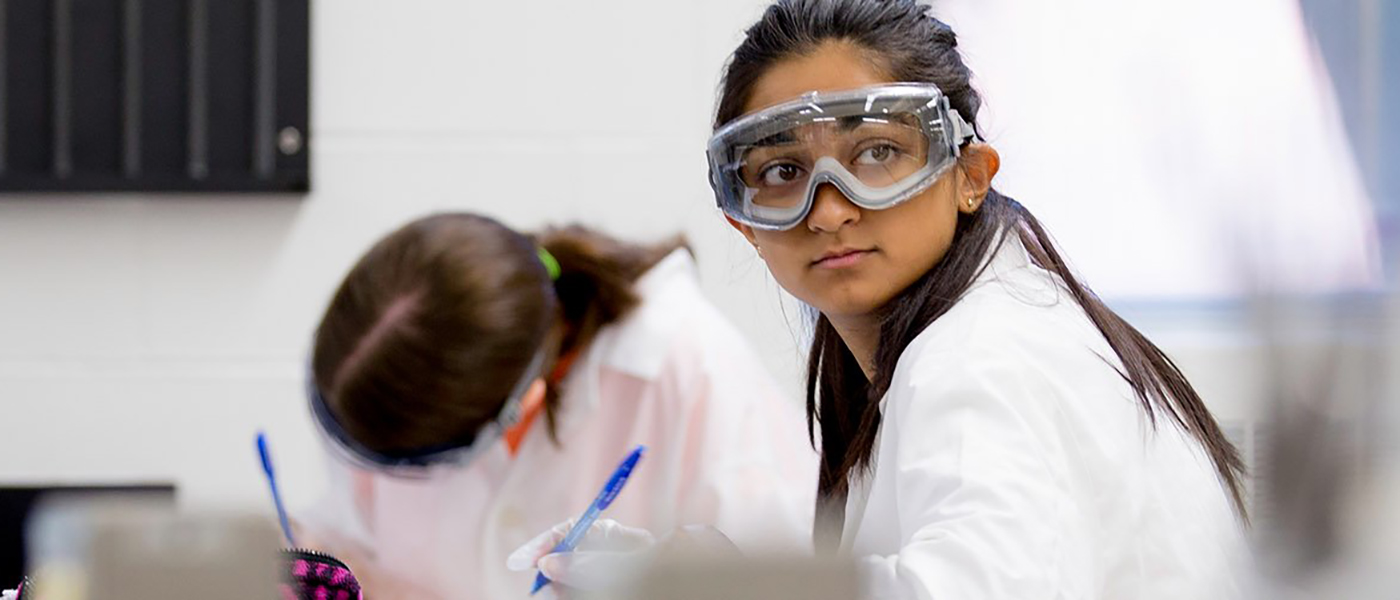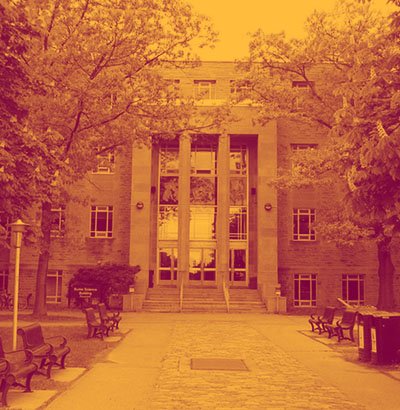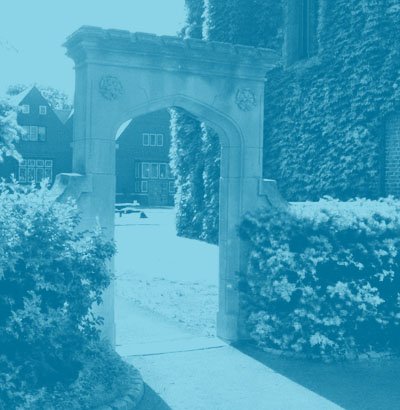Spark your Imagination!
Want to explore:
- How green tea extract might help prevent Alzheimers?
- What makes the computer chip in your cell phone work or how to design a better touch screen or battery?
- How to find better ways to detect diseases like cystic fibrosis in newborns?
- Which materials make better biomedical implants or point-of-care diagnostic tests?
Studying chemistry may be your answer. Being able to predict, construct and monitor molecular interactions is key to the creation of the innovations that surrounds us, and understanding how the world works. At McMaster, we ask: What in the world isn’t chemistry?
Our chemists and chemical biologists use the principles of chemistry to understand and solve problems in society, from the creation of new pharmaceuticals and diagnostic techniques to remediation of the environment. Seated between physics and biology, Chemistry truly is the central science. Chemical biology applies the tools of chemistry to study biological applications.
At McMaster, our students learn more than what is in the textbooks. They learn to break down real world problems, such as how to monitor a disease’s progress or build a better battery, and apply their knowledge to design possible solutions. Then in laboratory courses, they learn how to test hypotheses through experiments using our state-of-the-art equipment and laboratory facilities. This hands-on, problem-based approach influences all of our undergraduate programs, from second year inquiry courses to final-year, capstone thesis courses.
Students also find opportunities to develop skills they need for life beyond campus, for the workplace or graduate and professional schools. We offer labs based on industry models, and co-op and summer work placements, helping students develop technical know-how and valuable soft skills, such as team work and communication. Our co-op students consistently impress employers with their skills in tackling problems that apply chemical principles to sciences, ranging from physics through chemistry to biology and engineering.
Chemistry & Chemical Biology will Spark Your Imagination!





